Renewable Energy
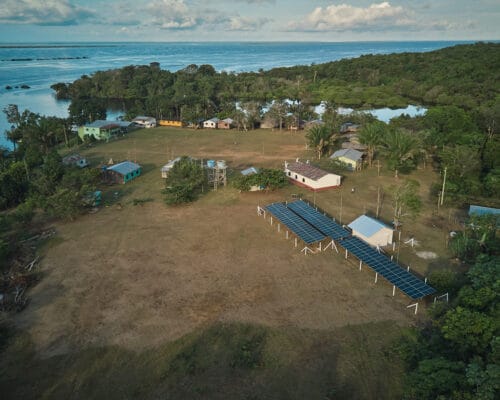
Solar Energy in Brazil: From Opportunity to a 55 GW Reality
Brazil's electricity generation capacity is quickly being dominated by renewable energy. Solar energy is taking up a growing share of this capacity, having doubled since 2023. The county's favourable policy and geographic location drive this growth, which is expected to continue throughout the coming decades.
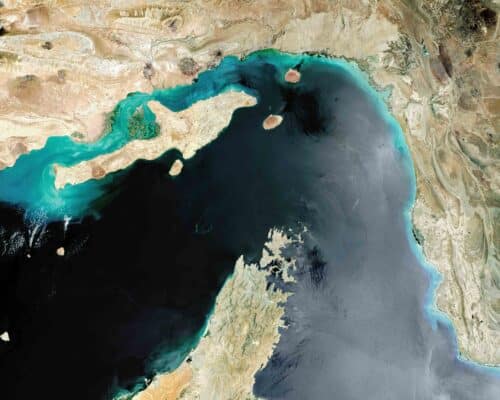
Japan Most at Risk from Disruption in the Strait of Hormuz
Japan’s economy relies on access through the Strait of Hormuz, two-mile-wide shipping lanes that carries 80% of the crude and LNG the country burns daily. With regional tensions simmering, even a brief blockade of the Strait could send energy prices skyrocketing and highlight Tokyo’s need to accelerate its pivot to domestic renewables.
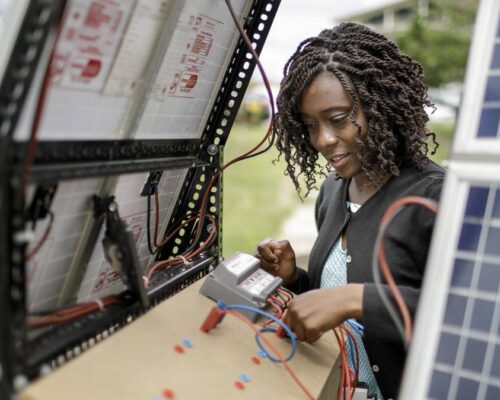
Solar Energy in Kenya: East Africa’s Renewable Front-runner
Kenya is a leading force in East Africa's renewable energy transition and has a growing segment of its private sector focusing on solar energy. With a target of reaching 100% renewable energy by 2030, solar is positioned to see significant growth in the second half of this decade.

50 Years of G7: The Group’s Climate Leadership Hinges on Japan and Its Energy Policies
The processes taking place on the domestic stage in Japan, as well as its foreign energy policy, have a direct reflection on the image of the G7, which is supposed to lead the global energy transition and the efforts to minimise the impacts of climate change and protect the most vulnerable.

Australia’s Federal Election 2025 and What It Means for Climate Change Agenda
Australian Prime Minister Anthony Albanese's victory on May 3 for a second three-year term paves the way for enhanced climate policies, yet challenges include excessive regulations, costly renewables and rural opposition to wind and solar projects.
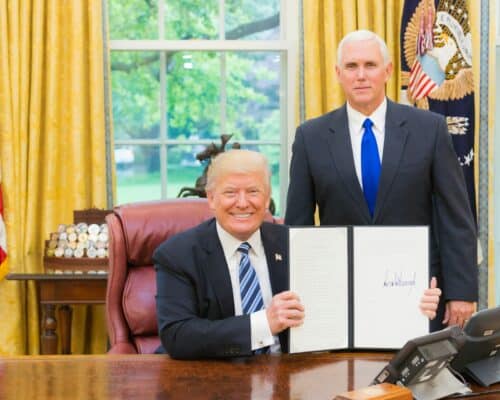
US Tariffs on Southeast Asia: What They Mean for Global Trade
From islands inhabited only by penguins to decades-long trade partners, over 90 jurisdictions were slapped with tariffs once President Trump got back at the helm of the US. While the move risks causing massive short-term instabilities, it can prove a blessing in disguise for Southeast Asia and its solar panel manufacturing industry.
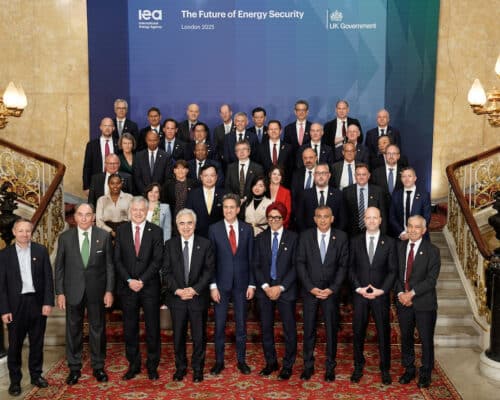
IEA’s Future of Energy Security Summit Ends With a Call For Cooperation, Less Fossil Fuels and More Renewables
The Energy Security Summit ended with a strong message - energy security is a question of national security, and climate change threatens both. Parties agreed that an effective response requires increased collaboration in reducing fossil fuel import reliance and scaling up renewables.
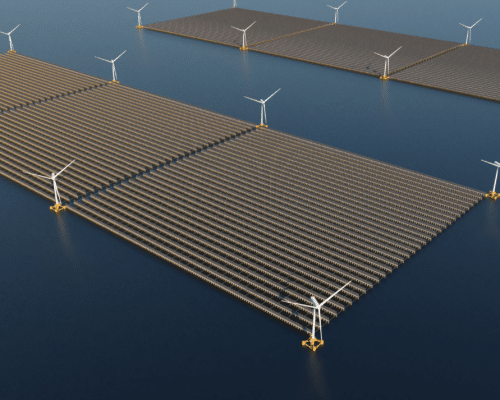
Is the U.S. Losing Its Cleantech Edge?
The Inflation Reduction Act (IRA) has significantly boosted clean energy manufacturing, job creation and emissions reductions in the US and Asia, fostering global leadership in cleantech innovation. However, threats from the current administration aiming to dismantle these incentives could slow progress, weaken international partnerships and hinder the region’s energy transition efforts. Continuing investments and regional collaborations are crucial to maintaining momentum in the face of potential setbacks.

Australian Election 2025: What it Means for Climate Change and Energy
Considering Australia’s emissions intensity and its role as a primary fossil fuel exporter, few have as much power in the mission to tame the climate crisis as Australian voters. And the results on May 3 give hope that clean energy and the climate crisis will sit high on Australia’s agenda in the following years.
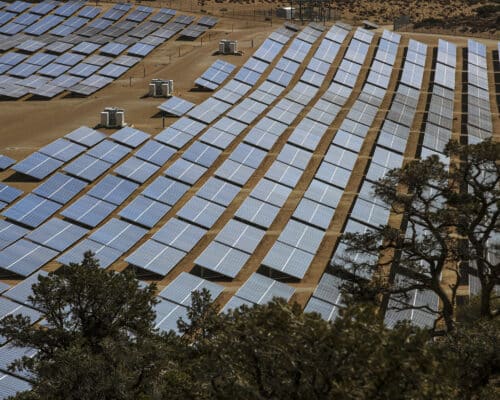
How Does Solar Energy Work: A Guide
Solar energy is the fastest-growing form of energy generation technology. It is desirable because it relies on the sun's radiation, a predictable and infinite energy source. Furthermore, infrastructure costs are rapidly declining, efficiency is improving and widespread demand for renewable energy adoption is increasing.
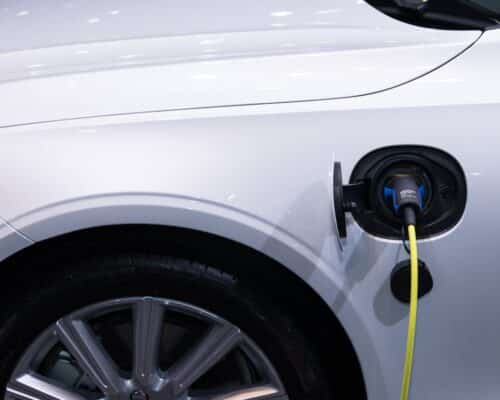
China GDP Breakdown: Clean Technology Sectors Driving Economic Growth
China’s GDP growth is increasingly driven by the clean energy sector, reflecting the country’s shift...
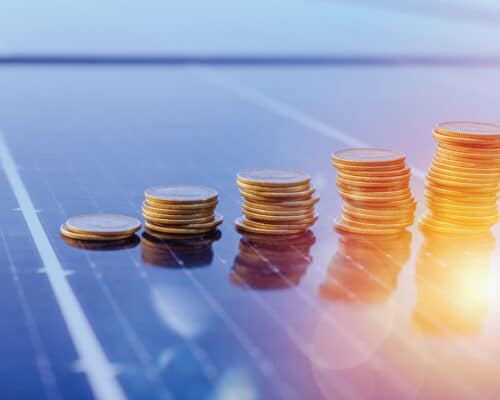
Solar Renewable Energy Credits and the Energy Transition
Solar renewable energy credits provide a monetary value to the environmental benefits of solar energy. This allows developers to sell these credits, providing them with a revenue stream and giving companies a way to purchase the benefits of solar power to offset their fossil fuel-based energy use.
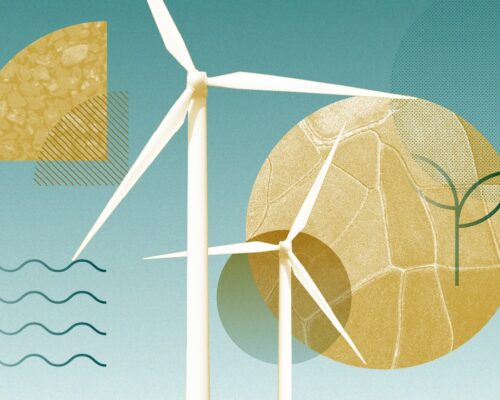
Renewable Energy Credits (RECs): How Do they Work?
Renewable energy credits are a tradeable instrument representing the environmental benefits of 1 MWh of renewable energy. They provide a way for companies to source and pay for renewable energy while giving another financial incentive for energy developers. This interplay facilitates the adoption and development of renewable energy projects.
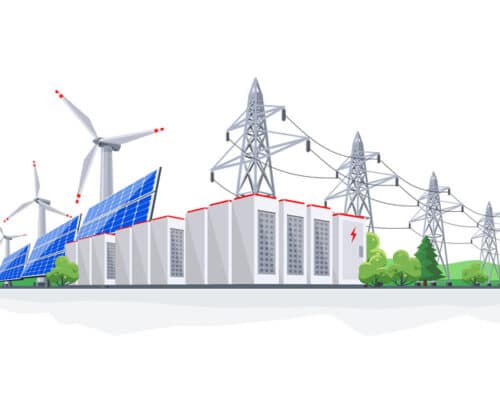
Is Renewable Energy Cheaper Than Fossil Fuels?
Unsubsidised renewable energy is cheaper than fossil fuels in many markets. This has been driven by rapidly declining installation and technology costs and low ongoing operational expenses. This will continue to fall in the future and increase the popularity of renewables.
Most Popular
Categories
-
9
-
33
-
126
-
4
-
17
-
43
-
52
-
11
-
10
-
15
-
24
-
6
-
6
-
249
-
196
-
14
-
23
-
1
-
1
-
23
-
38
-
42
-
84
-
18
-
81
-
41
-
17
-
10
-
40
-
43
-
86
-
284
-
21
-
40
-
35
-
10
-
41
-
36

